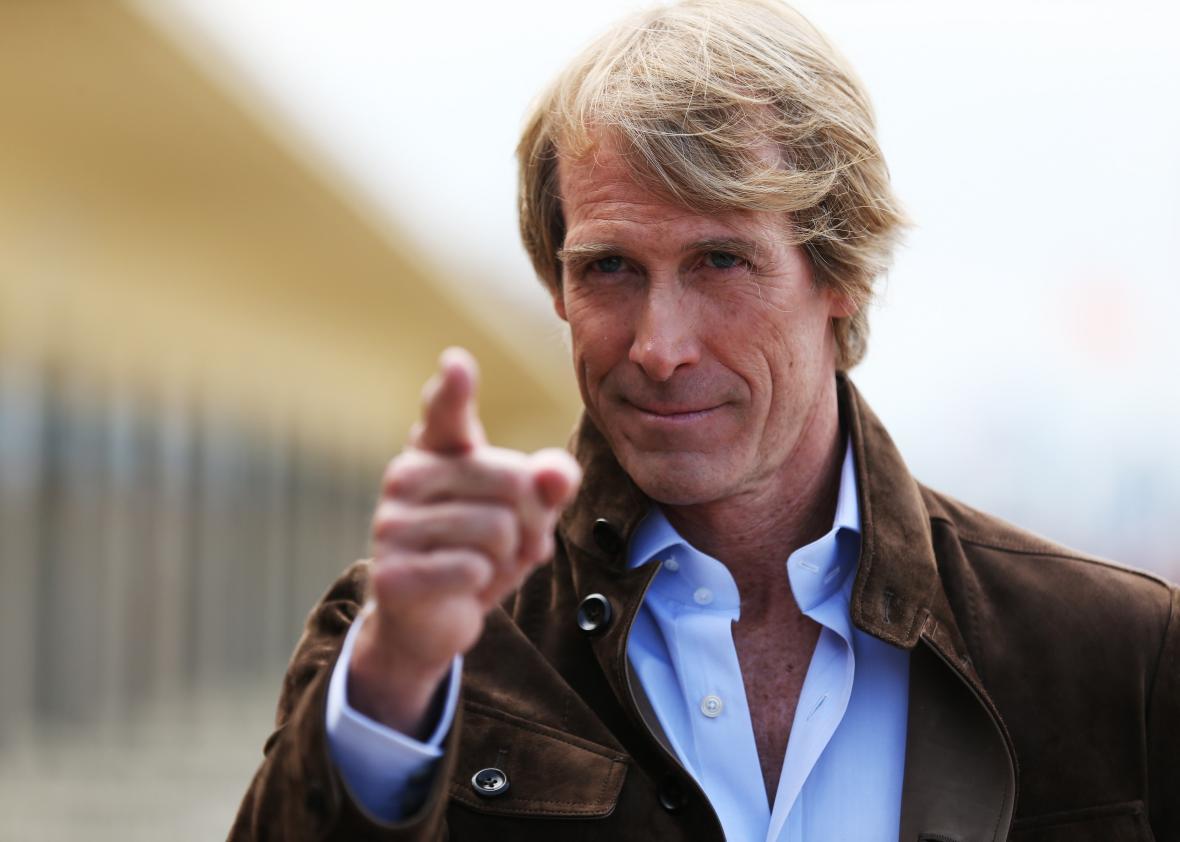At Real Life, Michael Thomsen examines how film editing in the twentieth century shifted from trying to create a sense of filmic continuity to now creating a deliberate sense of discontinuity. This tendency, according to Thomsen, reaches its apogee in the work of US director Michael Bay, whose films—such as Armageddon and the Transformers series—brashly defy continuity and coherence in favor of pure sensation. Here’s an excerpt from Thomsen’s piece:
As the distribution and production modes for film shift away from discrete works to be studied in repetition and toward the serial, the infinite variation of the remake, the prequel, the reboot, or the season, the “spoiler” has become a proxy for our belief that the purest value of cinema today is our initial reaction to it — its ability to provoke a reaction. Like much of our media consumption, this feels gratifying in the short term and exhausting in the long term, which is perhaps why, like Michael Bay’s movies, it can become grueling to watch despite the gloss it might offer.
Bay’s oeuvre of discontinuous dramas accepts the cruelty of exclusion built into the camera and plays up to it, refusing to connect frames to scenes or coherent spaces, indifferent to character motivation or meaning. He has ushered in an era of cinema as something uncertain and out of control, art that one survives instead of interprets or internalizes. He seems to have accepted his role as a node in a system. “I had a reporter here who said, ‘Would you ever date a girl who didn’t like your movies?’” he recalled in a 2001 Esquire profile. “I’m like, Yeah. Yeah. Um. Yee-aah. That’s, you know, you don’t have to like what I do. You know? It’s just something I like doing.” The suggestion of exclusion behind sentiments like these is central to his aesthetic, as if Bay’s lifework is just appendage, a distraction that has no bearing on anything else on his life.
Image of Michael Bay via denofgeek.com.
